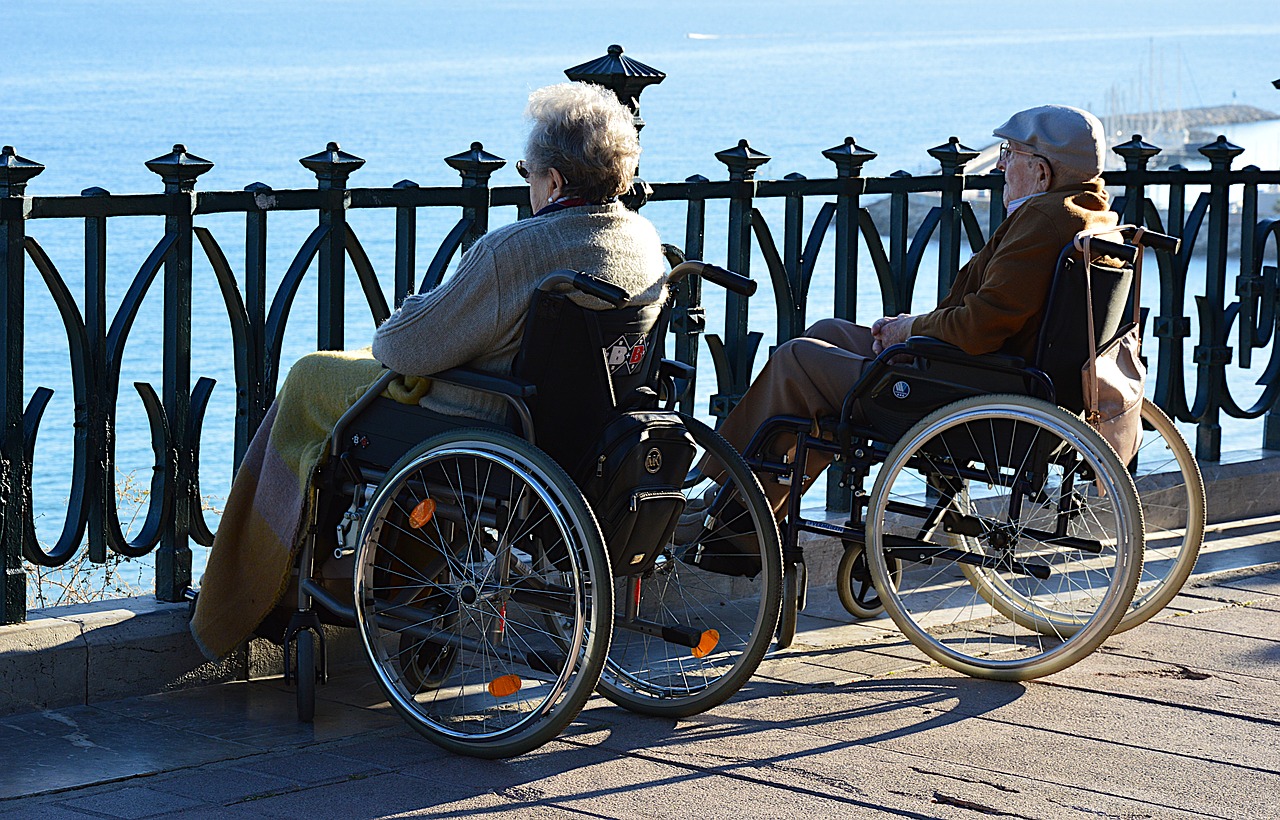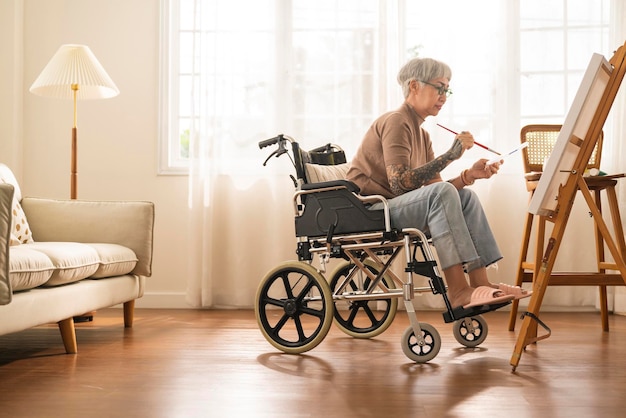The issue of balance problems among older adults is a topic of growing concern as our global population ages. Understanding what causes balance problems in the elderly is crucial for improving their quality of life and independence. But what exactly contributes to these challenges? Several factors ranging from physical changes associated with aging to lifestyle and environmental influences come into play.
In this comprehensive exploration, we aim to uncover the key elements that lead to balance difficulties in seniors. By grasping these issues, we can better equip our older loved ones to maintain their stability and reduce their risk of falls.

Age-Related Physical Changes
Aging brings about various physical transformations that can influence balance. These include muscle weakness, joint stiffness, and posture changes, which can all hinder the ability to maintain stability.
Muscle Weakness
As people age, muscle mass gradually decreases, leading to reduced strength and endurance. This muscle atrophy can impair an individual’s ability to stand firmly and respond quickly to changes in terrain or elevation.
Joint Stiffness
Older adults often experience stiffer joints and a decrease in range of motion. Such limitations make it more challenging to maneuver, increasing the risk of losing balance and falling.
Sensory Decline
Our senses are intricately linked to balance, and as they decline with age, so does our ability to perceive and react to our environment effectively.
Visual Acuity
The loss of visual acuity and depth perception makes it harder for seniors to accurately judge distances and identify potential hazards, contributing to balance problems.
Vestibular System
The inner ear plays a critical role in balance. Age-related deterioration of the vestibular system can disrupt equilibrium, leading to dizziness and unsteadiness.
Existing Health Conditions
Various health conditions prevalent among seniors can exacerbate balance issues.
Neurological Disorders
Conditions such as Parkinson’s disease, stroke, or neuropathy can impair coordination and balance, increasing the likelihood of falls.
Cardiovascular Issues
Problems like low blood pressure or heart disease can also affect balance abilities, as they alter blood flow to the brain and compromise stability.
Medications
Many older adults take medications that can have side effects impacting balance.
Dizziness and Fatigue
Some drugs may cause dizziness, fatigue, or confusion, all of which can contribute to falls. For more information, check out Trazodone Confusion.
Polypharmacy
The risk becomes greater when multiple medications are prescribed, as interactions can lead to compounded side effects affecting balance.
Lifestyle Factors
It’s not just physical ailments and sensory decline; lifestyle factors also play a role in balance issues among seniors.
Physical Inactivity
Lack of regular exercise leads to decreased muscle strength and flexibility, which are essential for maintaining good balance. Learn more about how exercise can help by viewing elderly gain weight.
Poor Diet
An unbalanced diet may result in nutritional deficiencies that contribute to muscle weakness and poor bone health.
Environmental Factors
The environment can greatly influence one’s risk of falling due to balance problems.
Home Hazards
Cluttered living spaces, poor lighting, or slippery floors increase the risk of tripping and falling.
Outdoor Conditions
Seniors are often more susceptible to adverse weather conditions like rain, snow, or ice that can create hazardous surfaces.
Preventive Measures and Solutions
Understanding the causes is the first step; implementing effective strategies and products can significantly improve balance and reduce risks.
Physical Therapy
Engaging in regular physical therapy and exercises tailored to enhance strength, flexibility, and balance can be beneficial. For instance, see our Stress Test Safety options.
Home Modifications
Simple home modifications, like adding grab bars, improving lighting, and removing tripping hazards, create a safer living environment.
Conclusion:
Understanding what causes balance problems in the elderly can lead to better management and prevention strategies. This ensures a safer and more independent life for seniors, contributing to their overall well-being and happiness.

FAQs
How do I help my loved one with balance problems?
Its important to ensure a safe home environment, encourage regular check-ups, and promote physical activity suitable for their abilities.
Can certain exercises improve balance in the elderly?
Yes, activities like tai chi, yoga, or walking can enhance physical balance and stability.
Are balance problems often a sign of a more serious condition?
Sometimes they can be. It’s advisable to consult a healthcare provider to rule out underlying health issues if there are balance concerns.
This article contains affiliate links. We may earn a commission at no extra cost to you.

